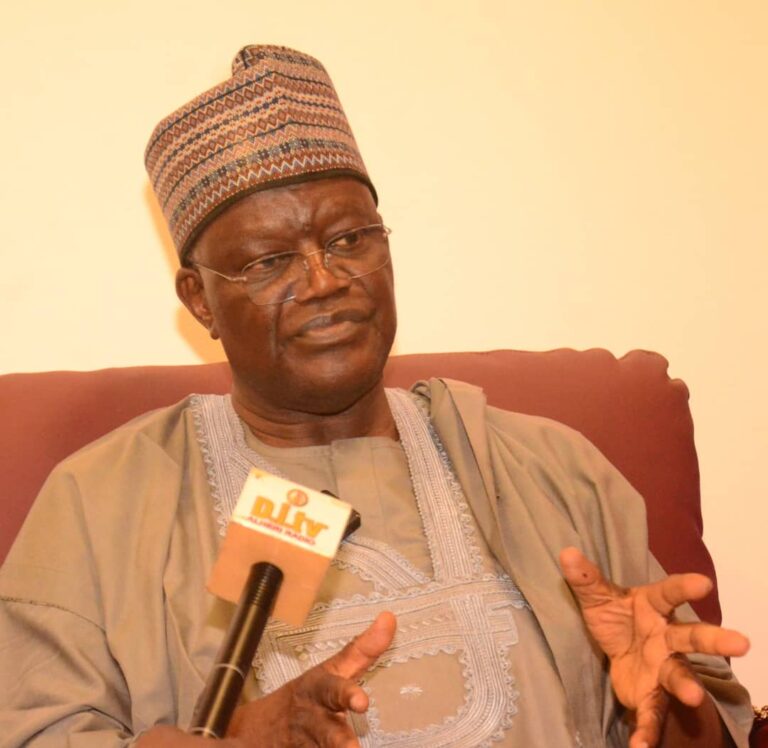
By Fatima Saka
Climate change is not just an environmental issue, it is a profound public health threat leading to mortality attributes to malaria to less than 50 deaths per 1,000 by 2025, say’s Dr. Iziaq Adekunle Salako, Minister of State for Environment.
According to the minister of state for environment, malaria is a burden amplifier and illness potentiator.
He added that climate influences malaria burden directly by affecting transmission dynamics and indirectly through the many socio-economic factors that underpin malaria vulnerability.
Salako ascertained this on Thursday in Uganda at the Regional Roundtable on Climate Change and Malaria at the Margins of the 77th World Health Assembly.
He stressed that malaria elimination strategies are climate-proof by understanding the link between climate and malaria transmission, its morbidity and mortality rates.
The minister lamented about heat waves and high temperatures, increased rainfall and humidity are increasing the geographical range of mosquitoes and prolonging the annual time frame of malaria transmission in sub-saharan Africa while extended hot and dry seasons can cause bodies of water to dry up into stagnant water creating a breeding ground for mosquitoes.
According to him, Flooding incidents can also lead to considerable uptick of malaria cases due to stagnant bodies of water left behind after the flood while damage to infrastructure may make healthcare inaccessible to people especially vulnerables like children, women and the elderly. “The loss of livelihoods, displacement and poor nutrition from climate disasters also exposes the people to malnutrition and higher risk of severe malaria.
“Nigeria, like many countries in Africa, is experiencing the adverse impacts of climate change on health disproportionately. Our communities are witnessing a resurgence of malaria, straining our health systems, jeopardizing our progress towards malaria eradication and reducing productivity and economic wellbeing of our people.
“Studies in Port Harcourt, Kano, Jos major cities in Nigeria and other places have clearly demonstrated that the prevalence of malaria is significantly dependent on the increase in rainfall and temperature. It is therefore clear that we need a comprehensive and integrated approach to tackle these challenges.
“In response to the malaria situation and to guide implementation, the National Malaria Elimination Program (NMEP) initiated the High Burden to High Impact (HBHI) approach with technical support from the WHO and other partners to address the malaria situation in Nigeria.
“The current 2021–2025 National Malaria Strategic Plan (NMSP) is based on the vision of achieving a malaria-free Nigeria, aiming to reduce malaria morbidity to less than 10 percent parasite prevalence.”



